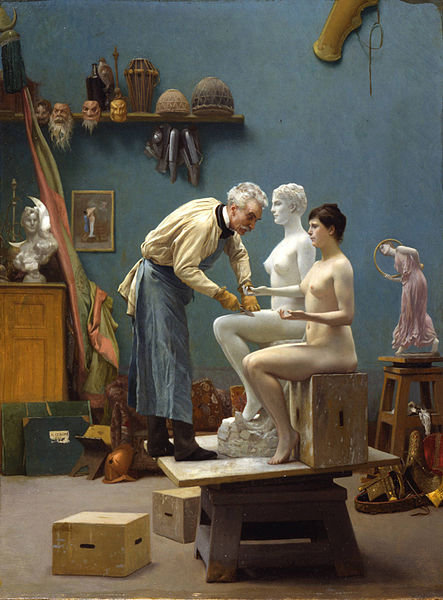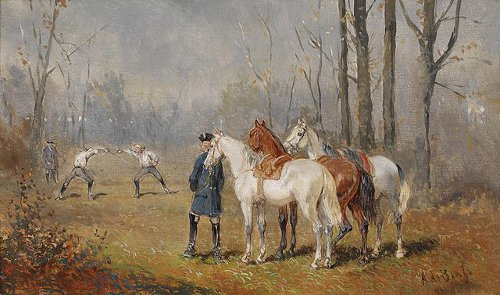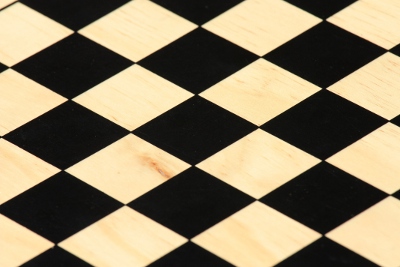On Sept. 19, 1927, a bedraggled woman arrived at a telegraph maintenance cabin in British Columbia. The operator, Bill Blackstock, fed her and asked where she was going. “Siberia,” she said.
Her name was Lillian Alling, and she had crossed the continent on foot since entering Canada at Niagara Falls the previous year. She said she had emigrated from Russia to New York City, where she had worked as a maid but found herself unhappy there. She had decided to return to Russia, but realized it would be impossible to save enough for a steamer ticket. After consulting a map of North America in a public library, she had resolved to walk home.
Fearing for her safety in the Yukon winter, Provincial Police constable George Wyman contrived to charge her with vagrancy. “I was so surprised to see that woman there,” he told journalist Donald Stainsby. “She was so scantily clad and had no firearms or anything to see her through that country. She was about five foot five and thin as a wisp. When I first saw her, she was wearing running shoes. She had a knapsack with a half-dozen sandwiches in it, some tea and some other odds and ends, a comb and personal effects, but no makeup. I had a time getting her name; she wasn’t going to say anything to anybody. But I finally got it, and when she said she was going to Siberia, I couldn’t say anything. I thought she was out of her mind.”
Alling was released from prison by early November and resumed her journey. She reached Nome in 1929 and headed west, having covered more than 6,000 miles in less than three years. Her trail disappears there, but there’s an intriguing postscript: When True West magazine published an article about Alling in 1972, an Arthur F. Elmore of Lincoln, Calif., wrote to say that a Russian friend of his had grown up across the Bering Strait from Wales, Alaska. In the autumn of 1930, while on an errand for his mother, he had noticed three officials questioning a woman accompanied by three Eskimos:
“He remembered the woman telling the officials she had come from America where she said she had been unable to make a living or make friends. … She said she had had to walk ‘a terrible long way because no one would lift as much as a finger to help me in any way because they didn’t want to — or couldn’t understand — my feelings. I tried to make friends at first, but everyone wanted no part of me — as a foreigner — and that so deeply hurt me I couldn’t bear it and so I began to walk. I knew it was far and it would be hard but I had to do it even if no one understood. And I did it!'”
(From Susan Smith-Josephy’s monograph Lillian Alling: The Journey Home, 2011.)







